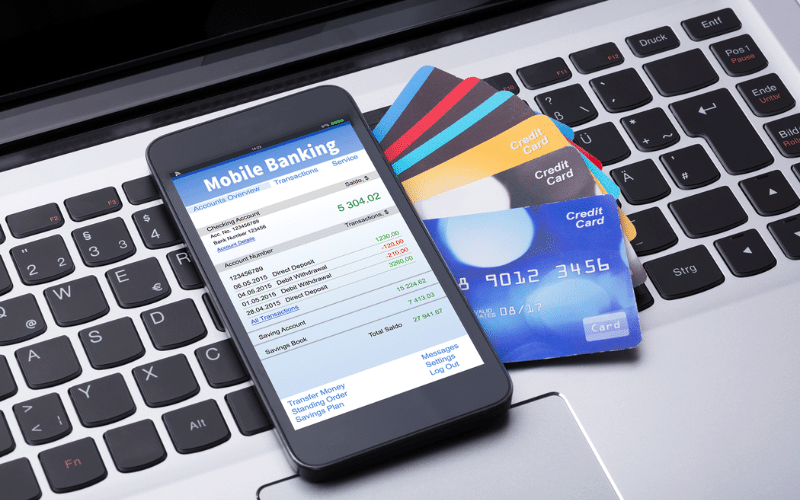In a world where financial choices abound, cashback credit cards have emerged as a compelling option for consumers seeking to maximize their spending power. These cards offer an enticing proposition: the opportunity to earn a percentage of your money back with every purchase. It’s an appealing blend of convenience and financial incentives that has captured the attention of savvy shoppers. However, as with any financial tool, cashback credit cards are not without their complexities and potential pitfalls.
In this comprehensive exploration, we will dissect the pros and cons of cashback credit cards, shedding light on the myriad benefits they offer, as well as the potential drawbacks and considerations that might influence your decision to embrace this enticing financial instrument. Whether you’re a seasoned credit card user looking to optimize your rewards or a newcomer to the world of plastic, understanding the nuances of cashback credit cards is essential for making informed financial decisions.
Exploring the Pros and Cons of Cashback Credit Cards
Pros:
- Cash Rewards: Cashback credit cards offer a straightforward way to earn money on your everyday spending. You receive a percentage of the purchase amount as a cash reward, which can add up significantly over time. This extra cash can be used for anything you desire, from paying bills to treating yourself.
- Financial Incentives: These cards often come with sign-up bonuses and promotional cashback rates, providing an initial financial boost. Some cards may also offer higher cashback rates in specific categories like groceries, gas, or dining, allowing you to maximize your rewards in areas where you spend the most.
- Consumer Protection: Credit cards, including cashback ones, typically offer robust consumer protection features. This includes fraud protection, purchase protection, and the ability to dispute charges, providing added security for your transactions.
- Credit Building: Responsible use of a cashback credit card can contribute positively to your credit score. Timely payments and low credit utilization ratios can enhance your credit history, which is beneficial for obtaining better terms on future loans or credit products.
- Convenience: Credit cards offer unparalleled convenience in today’s digital age. They are widely accepted for both online and in-person transactions, eliminating the need to carry cash. This convenience can streamline your financial life and make tracking expenses easier.
Cons:
- Interest Rates: One of the most significant drawbacks of cashback credit cards is their relatively high-interest rates. If you carry a balance from month to month, the interest charges can quickly outweigh the cashback rewards, leading to debt accumulation.
- Annual Fees: While many cashback cards have no annual fees, some premium or specialized cards may charge an annual fee. It’s essential to assess whether the cashback rewards outweigh this cost, especially if you don’t use the card frequently.
- The temptation to Overspend: The allure of earning cashback rewards can sometimes tempt individuals to overspend or make unnecessary purchases. It’s crucial to maintain disciplined spending habits and only use the card for planned expenses.
- Credit Score Impact: Applying for a new credit card can temporarily lower your credit score due to the hard inquiry on your credit report. Additionally, mismanaging credit card debt can have adverse effects on your credit score.
- Complex Terms and Conditions: Cashback credit card programs often come with intricate terms and conditions. These may include rotating categories, spending caps, or redemption restrictions. Failing to understand these terms could result in missed rewards or unexpected fees.
Also Read: Cashback Credit Card Redemption Strategies That Will Save You Big
Bottom Line
In conclusion, cashback credit cards can be a valuable financial tool for those who use them wisely, providing opportunities to earn money on everyday purchases, benefit from consumer protections, and potentially improve their credit standing. However, they are not without their pitfalls. High interest rates, annual fees, and the temptation to overspend can quickly negate the benefits of cashback rewards, leading to financial trouble. To reap the rewards without falling into debt, responsible credit card management is essential.
It involves paying off the balance in full each month, understanding the card’s terms and conditions, and avoiding unnecessary spending. Ultimately, the decision to embrace a cashback credit card should align with your financial goals, spending habits, and ability to use the card responsibly, ensuring that the potential pros outweigh the cons for your unique financial situation.





